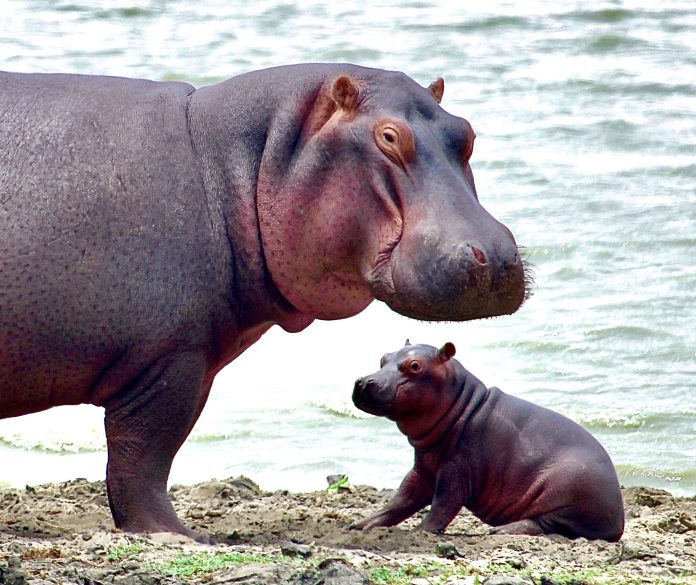
Representatives From 184 Countries Will Meet At CITES Conference Next Month To Determine The Fate Of 600 Species
You can help all animals and our planet by choosing compassion on your plate and in your glass. #GoVeg
RELATED ARTICLES
Banning Cruelty: New Legislation Aims To Ban Octopus Farming In The U.S.
New bipartisan legislation has just been introduced in the U.S. to ban commercial octopus farming and prohibit imports of farmed octopus from foreign countries.
The...
Outrage In Yellowstone! Grizzly Bear Killed By Wildlife Officials & Left With Head & Paws Cut Off
Photo by: Trisha McFarland / Cowboy State Daily
A photo of a dead grizzly bear with its head and paws cut off has caused an...
Inside Florida’s Illegal Horse Meat Trade: Undercover Footage Shows Racehorse Being Shot & Butchered
A heart-wrenching discovery of illegal horse slaughter has emerged, with video footage exposing the tragic killing of a racehorse named 'Funny Biz,' who was...
Popular stories
Breaking News
A Lioness & Her Three Cubs Rescued From War-Torn Ukraine Find Their Forever Home In The UK
Photos by: Yorkshire Wildlife Park
A lioness and her three cubs have arrived safely at their forever home at Yorkshire Wildlife Park in the United...
News
Update! The Big Cat Public Safety Act Passes The U.S. House Of Representatives; Urgent Action Needed To Help Pass The Senate
UPDATE: The Big Cat Public Safety Act (HR1380), has passed the U.S. House of Representatives!
The bill now moves to the Senate for a vote.
Please...
News
Yellowstone National Park Begins Heartbreaking Capture Of Bison For So-Called Population Control; Hundreds Will Be Sent To Slaughter
On Sunday, Yellowstone National Park started capturing bison migrating from the interior of the park into the Gardiner Basin, and may continue to do so...


